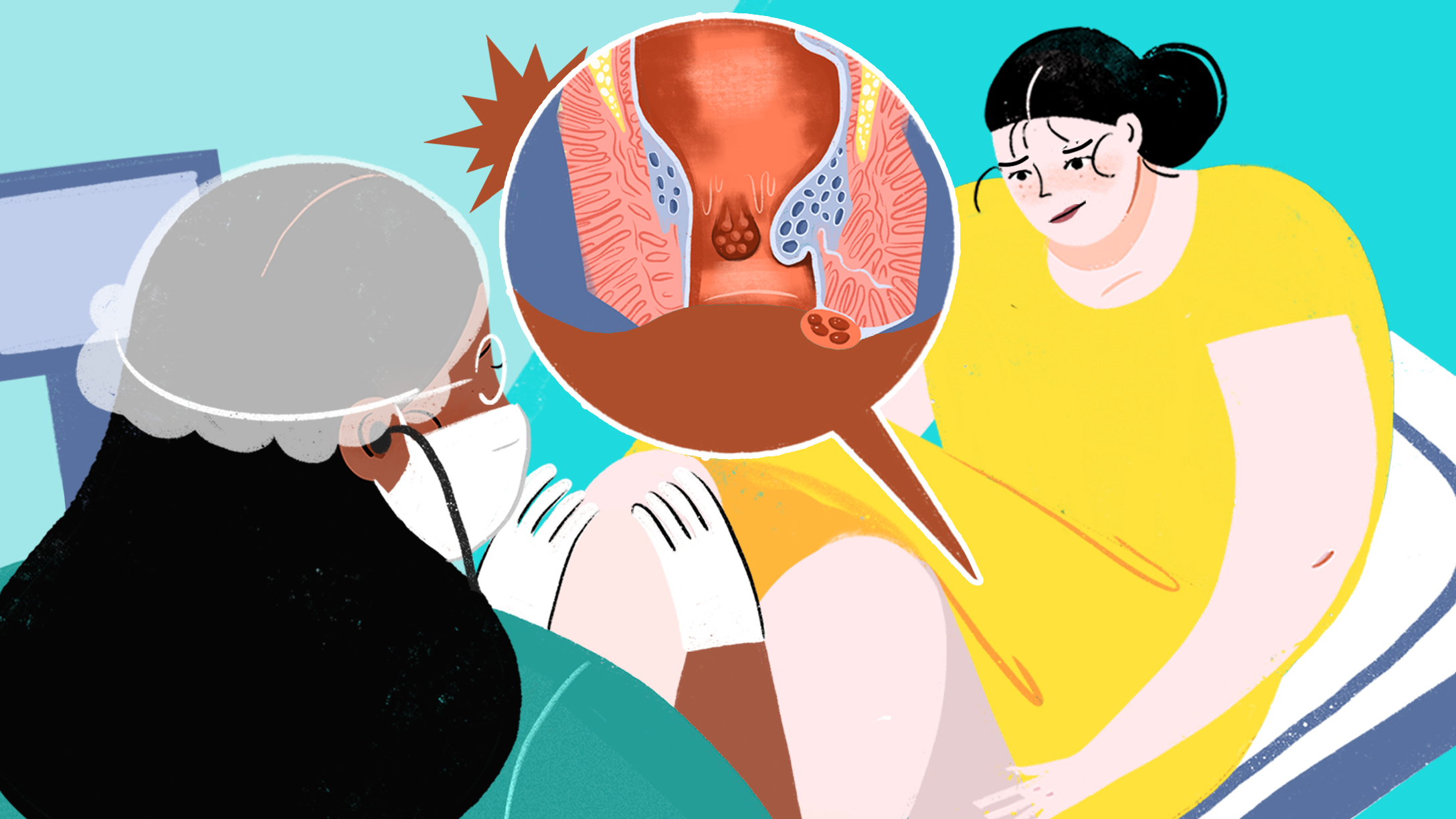
Hemorrhoids: those painful things we sometimes get when we poop but never want to talk about.
Let's face it, hemorrhoids are kind of embarrassing. Nobody wants to talk about pooping in the first place, but add in pain and discomfort around the anus and you have a perfect storm of awkward subjects.
Even when hemorrhoid cream commercials come on television, they somehow manage to make the viewer feel uncomfortable — but it doesn't have to be that way.
Though hemorrhoids aren't the most fun to talk about, most people experience them at some point or another. That's why it's helpful to know what they are and how to deal with them.
More from LittleThings: 8 Fascinating Facts About Butt Hair That Should Not Be Ignored
Getting hemorrhoids is actually fairly common, and it's nothing to be ashamed of.
Instead of dealing with the itching and pain, hoping they will just go away, find out more about why you have hemorrhoids, what causes them to become inflamed, and how to treat and prevent them below!
However, if you suspect you suffer from hemorrhoids, always be sure to consult your doctor. They'll know how best to treat your situation, and they can refer you to a specialist if needed.
What Are Hemorrhoids?
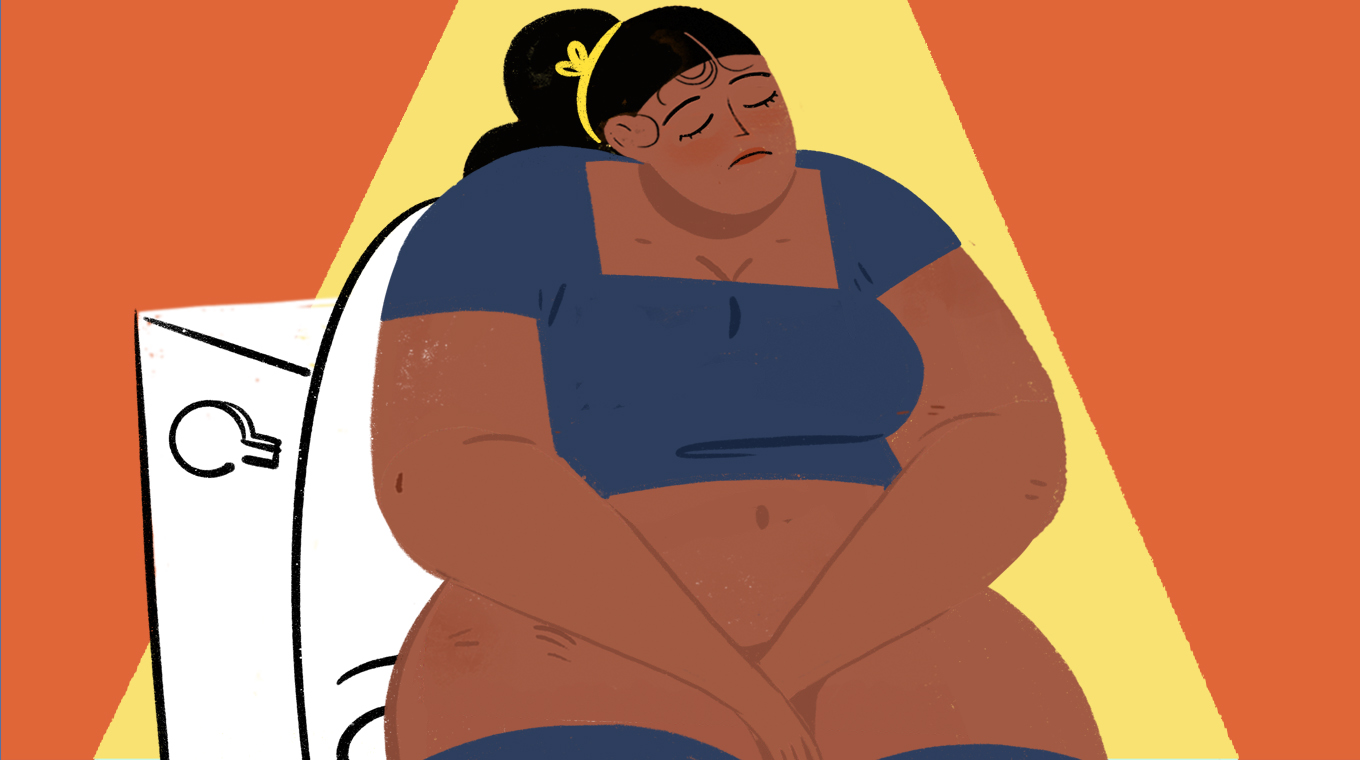
Most people know that hemorrhoids are annoying and painful, and that they hurt when you poop. However, many people don't actually know what they are.
Hemorrhoids, on the simplest level, are swollen veins in the rectum and anus.
When you poop, these veins can stretch so much that they get irritated and swollen. They may also bleed while you're pooping.
What Are Internal Hemorrhoids?
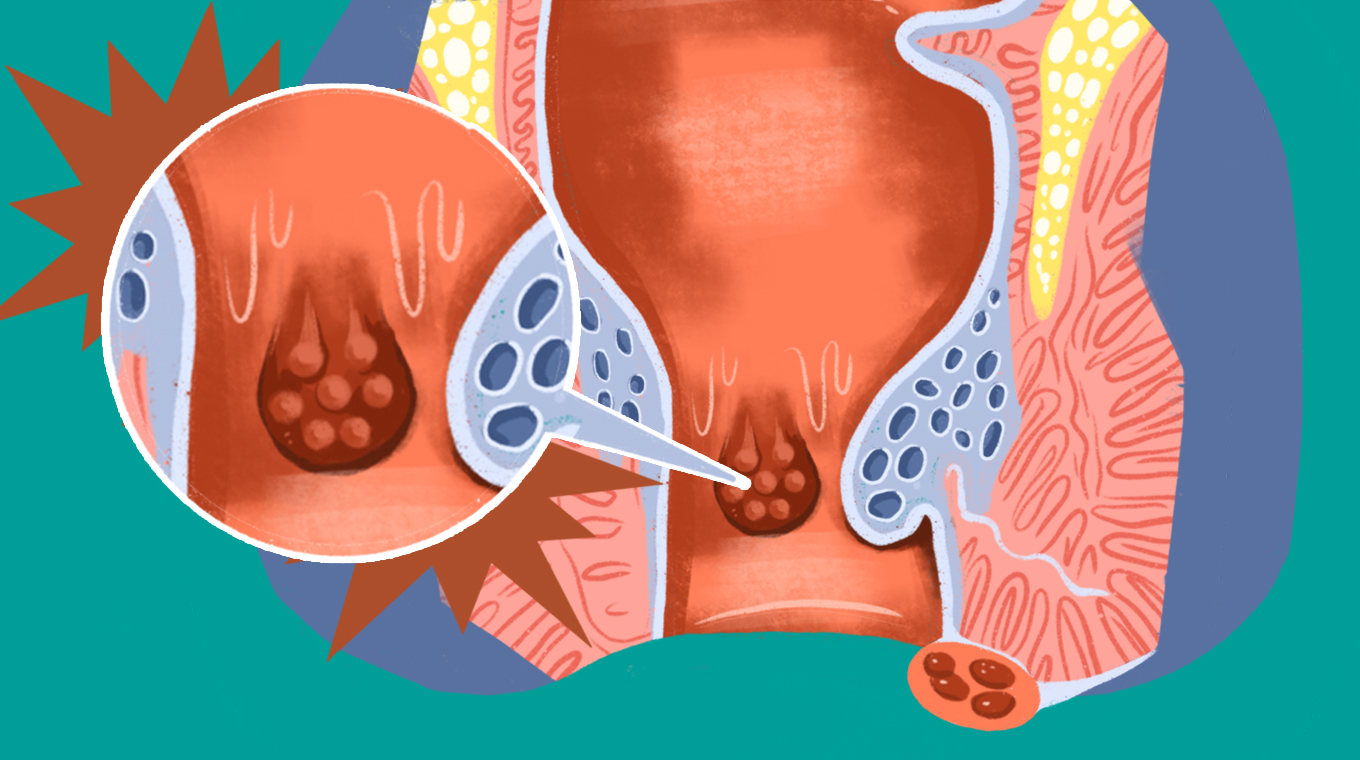
There are two main types of hemorrhoids: internal and external.
Internal hemorrhoids are farther up inside the rectum, so you normally can't see or feel them.
These internal hemorrhoids can cause bleeding, but because we have very few pain-sensing nerve endings in our rectums, we often don't feel them at all.
Once in a while, internal hemorrhoids will prolapse, meaning they'll bulge outside the anus. If this happens, they will usually be visible and painful.
What Are External Hemorrhoids?
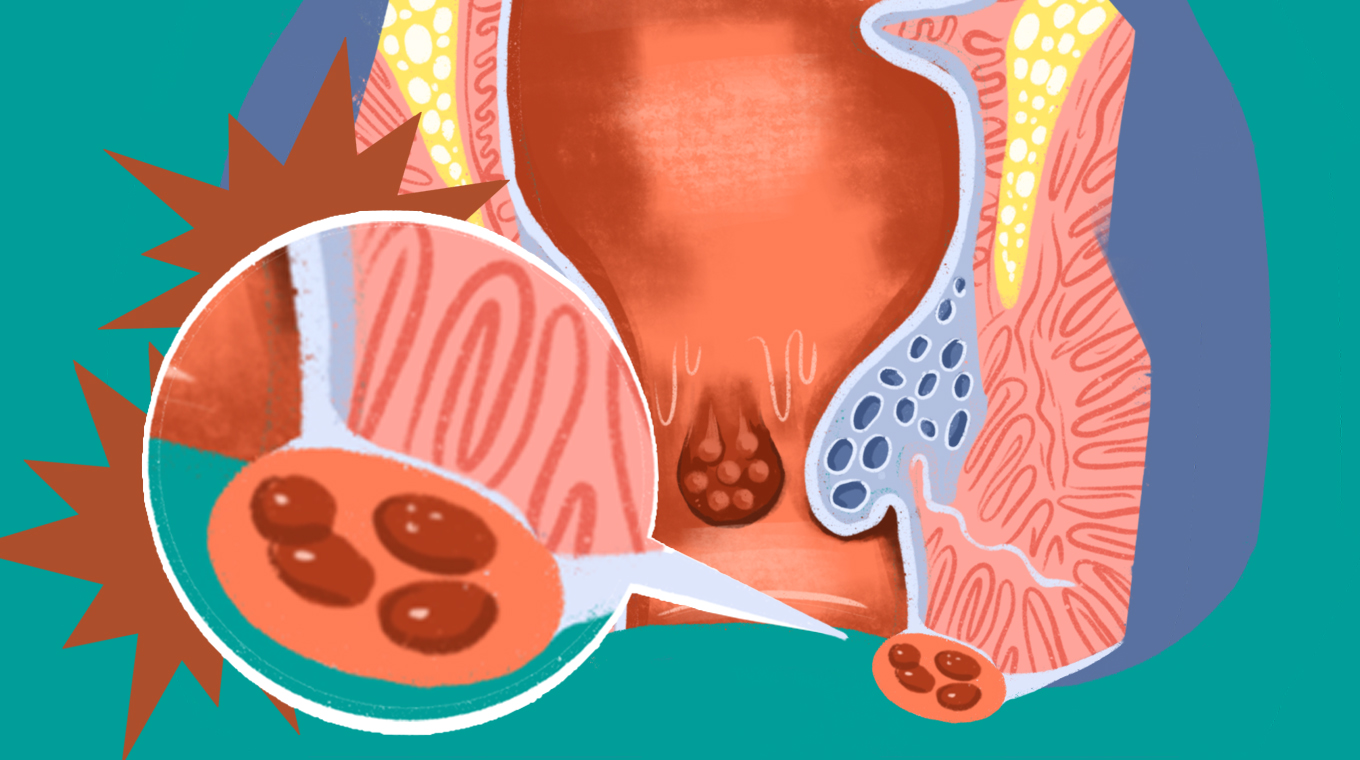
External hemorrhoids, on the other hand, are what many of us think of when we hear about hemorrhoids.
These hemorrhoids are around the anus, where they can cause pain and bleeding.
External hemorrhoids are typically the hemorrhoids that you can see — they get swollen and pink, and often hurt when you poop.
What Causes Hemorrhoids?

Typically, painful hemorrhoids are caused by excessive straining during a bowel movement, prolonged sitting on the toilet, or chronic constipation.
Many people experience more hemorrhoids during pregnancy and as they get older because of the ways our bodies change.
During pregnancy, the enlarged uterus presses on the anal veins, which causes blood to pool and the veins to swell.
As we age, our connective tissues weaken, which can cause the hemorrhoids to prolapse and bulge more easily.
What Are The Symptoms Of Hemorrhoids?
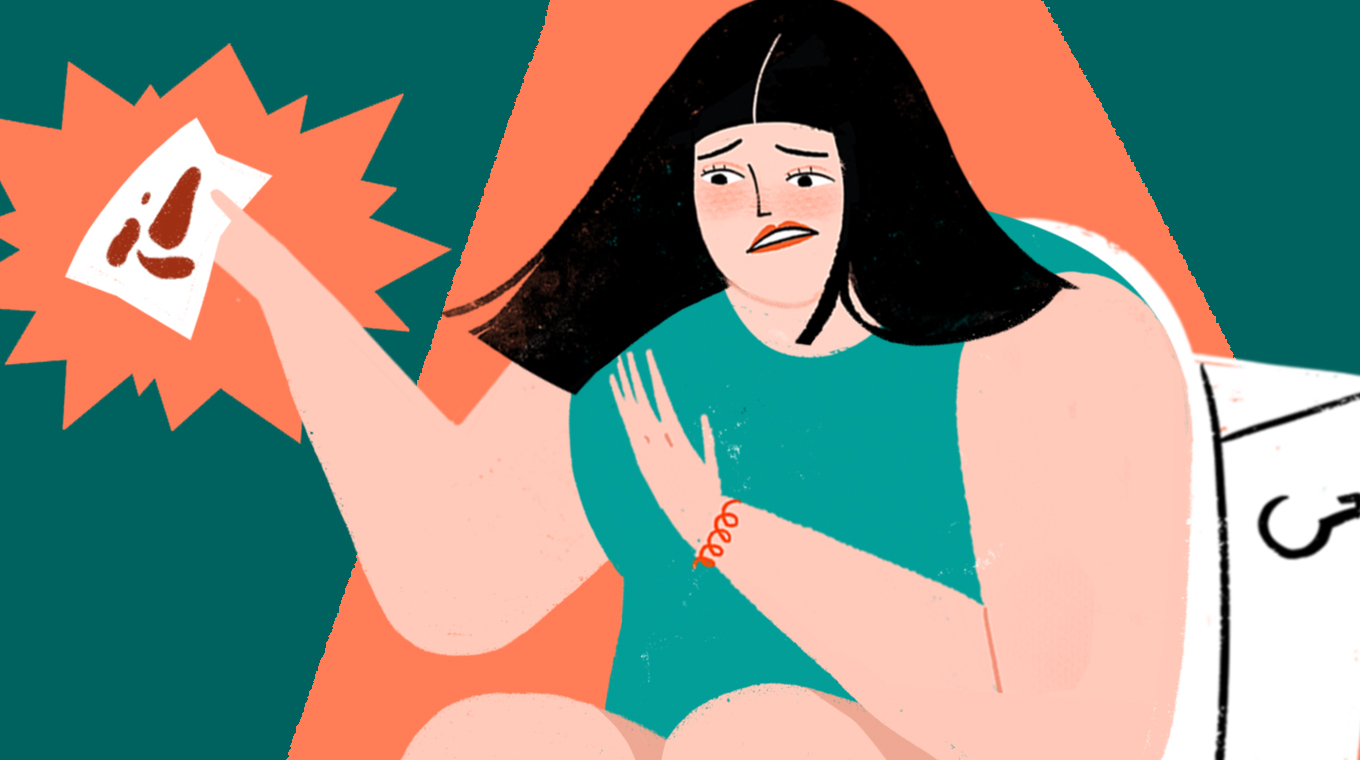
Not all hemorrhoids have symptoms, but some can be very painful and uncomfortable.
Some signature symptoms of hemorrhoids are:
- pain/discomfort
- itching around the anus
- moist bumps around the edge of the anus
- blood in the toilet or on toilet paper after you poop
However, spotting blood in the toilet can be very serious, so be sure to consult your doctor immediately if you ever notice this.
What Do Hemorrhoids Look And Feel Like?
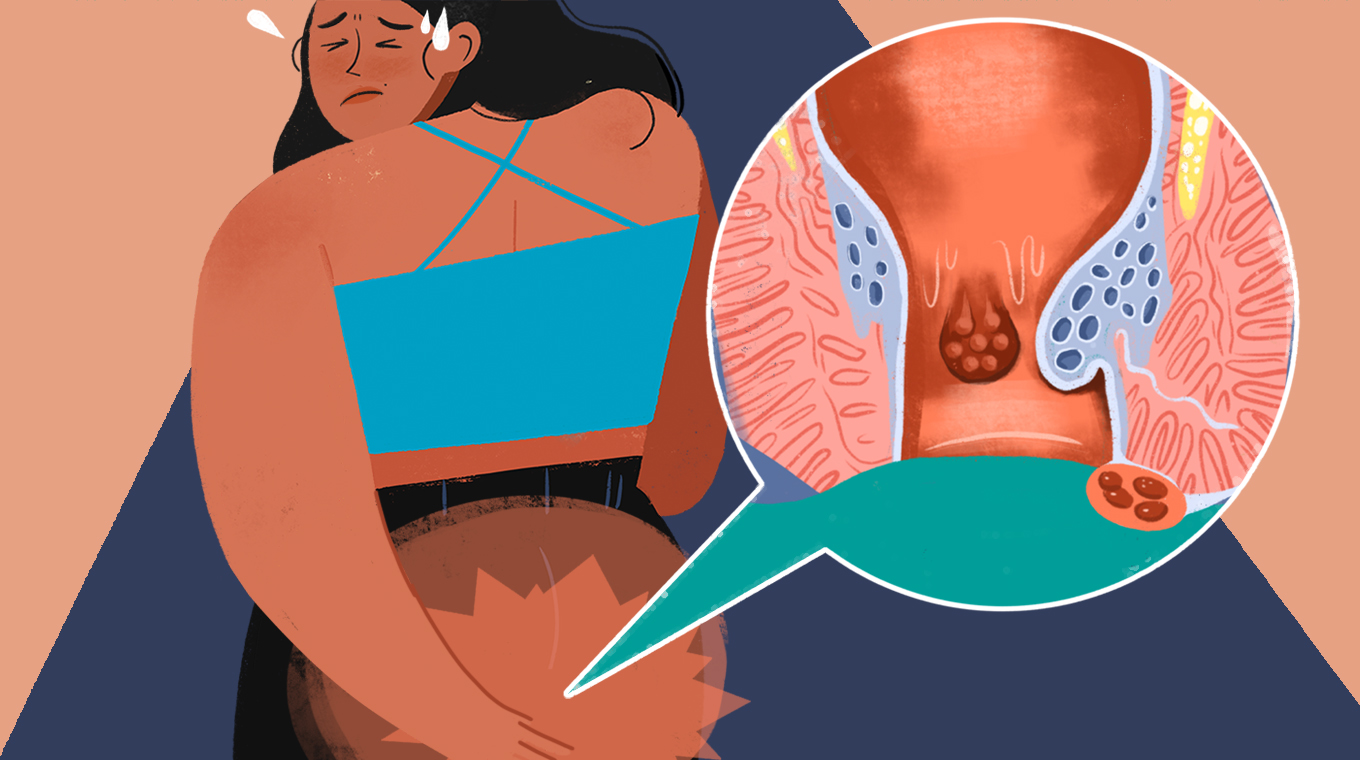
Usually, external hemorrhoids — or internal hemorrhoids that are prolapsed — look like moist pink bumps, but they may be other colors as well.
Because hemorrhoids contain pooled blood, they may also look blue or purple.
They may not feel like much, but if you reach down to touch around your anus, you may feel small moist bumps.
When checking for internal hemorrhoids, your PCP will know what to feel for. A specialist might use a specific scope to look inside as well.
How Long Do Hemorrhoids Last?
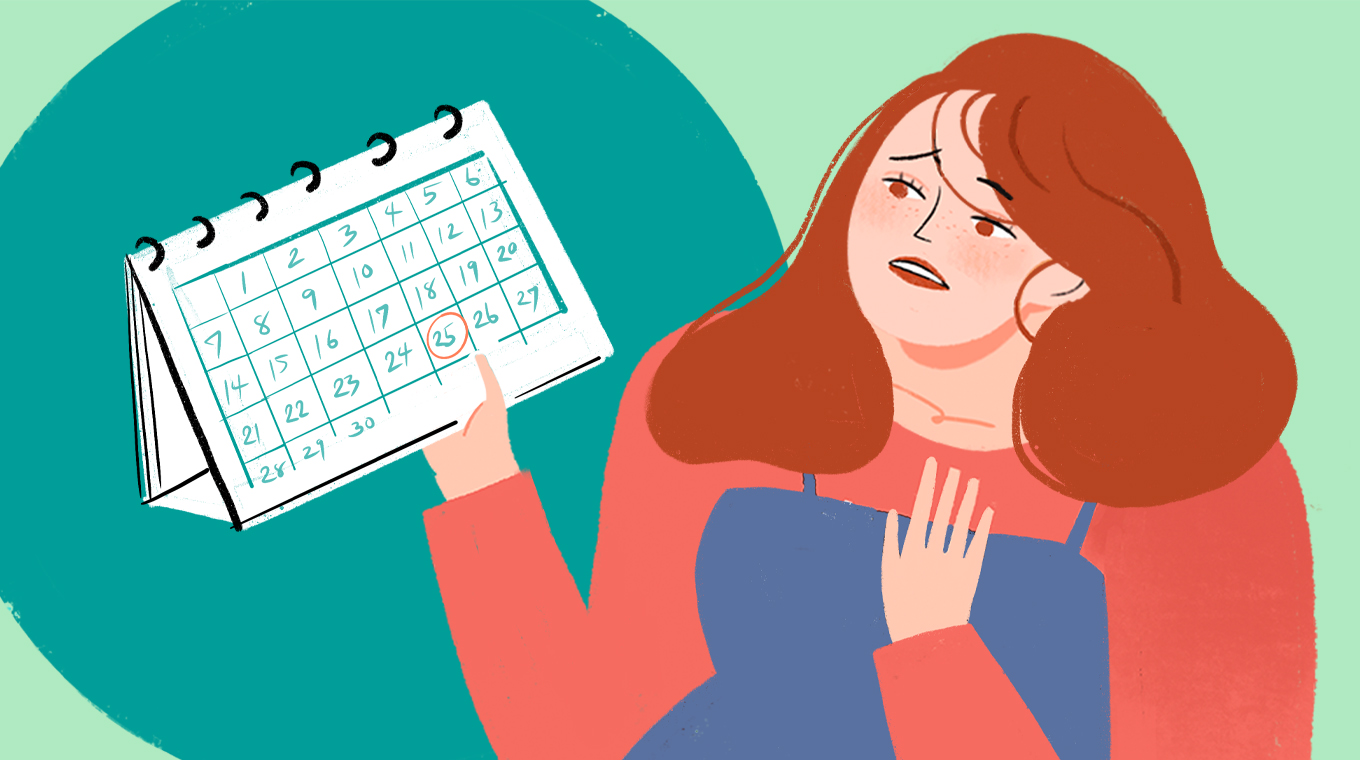
Hemorrhoids heal at different rates, but many people find that their small hemorrhoids are gone within seven days.
If the hemorrhoid is larger or prolapsed, it may take up to two months to fully heal.
Because of this, if you notice that your hemorrhoids haven't gone away within a week or so, it may be time to see a doctor for help.
How Do Doctors Treat Hemorrhoids?
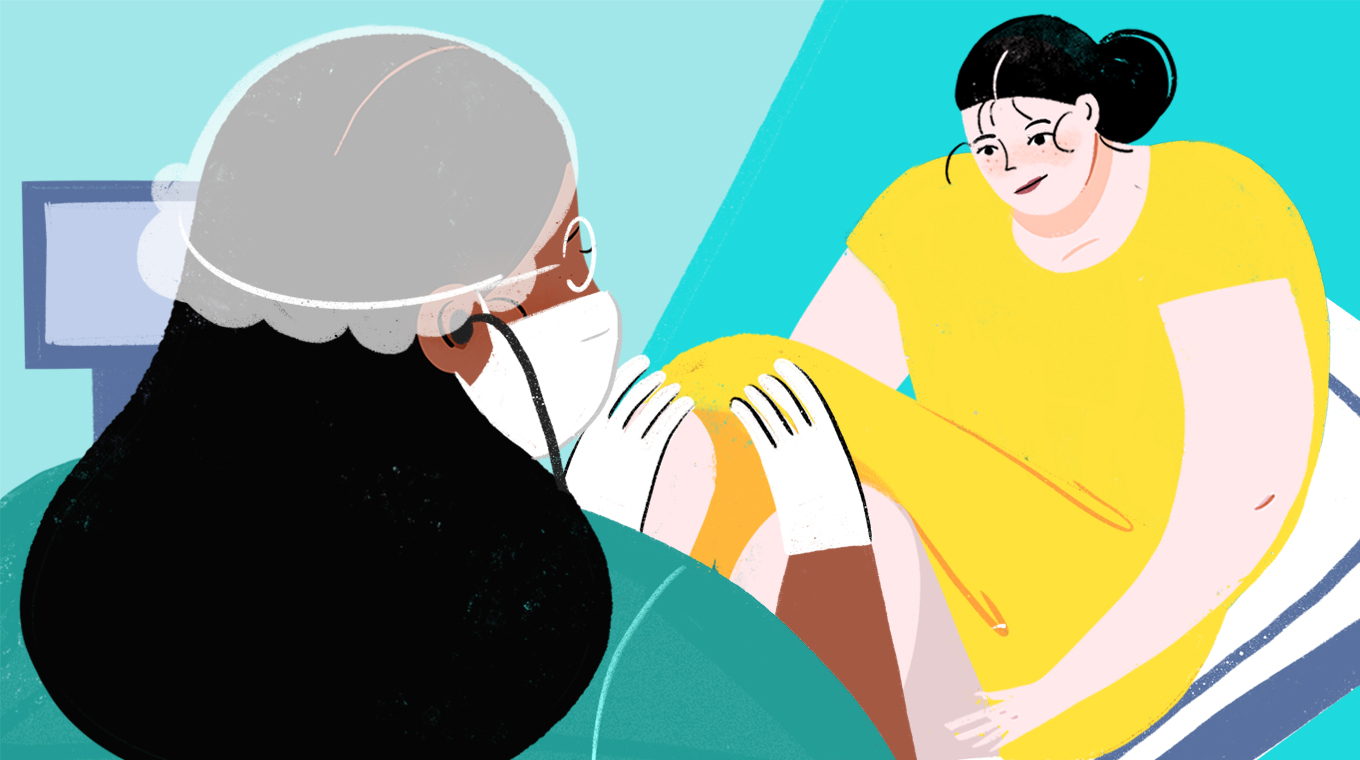
When you speak to your doctor (as we highly recommend you do), they might prescribe rectal cream or rectal suppositories.
If your hemorrhoids are more advanced, or if they don't clear up with medication, they might recommend you speak to a specialist.
At the specialist, they'll further examine you and take it from there.
Depending on your situation, they might schedule a colonoscopy to see what else is going on inside of you.
Can I Treat Hemorrhoids At Home?

There are some great at-home ways to treat hemorrhoids that are both easy and comfortable.
Many people swear by warm, 15-minute-long sitz baths done several times a day. These baths can reduce swelling and relax the muscles around your sphincter.
Another solution is to put a small amount of petroleum jelly around the edge of your anus to make pooping feel more comfortable.
One other tried-and-true remedy is using a cold pack to numb the area and bring down the swelling.
However, be sure to speak to your doctor before trying any at-home remedies for hemorrhoids.
How Do I Prevent Hemorrhoids?

Two of the easiest ways to prevent painful hemorrhoids are drinking lots of water and eating fiber-rich foods.
Another easy way to prevent hemorrhoids is to exercise regularly. Exercising can keep your colon regular, which can make constipation happen less frequently.
One of the most important things you can do when it comes to hemorrhoids is listening to your body — go when you have to go, and don't strain while trying to produce a bowel movement.
If you think you might have hemorrhoids, make an appointment with your doctor. They can prescribe the proper treatment, and administer referrals if needed.
Please SHARE if you know anyone who suffers from hemorrhoids!




